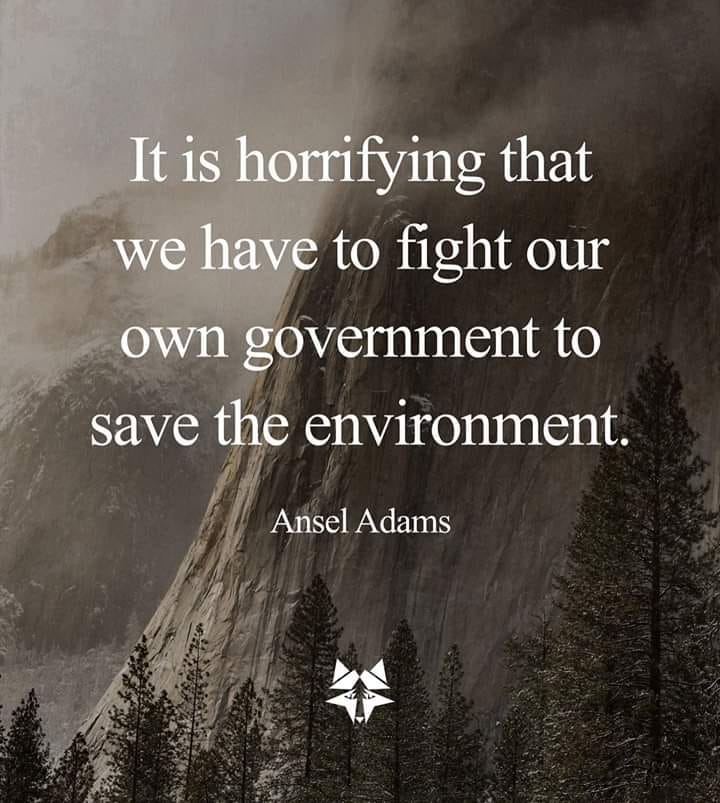Environmentalists Face “Horrifying” Prospects

Today we have news like this: “The Department of Interior has practically tripped over itself in speeding up the approval of fossil fuel projects and now they are slow-walking this renewable project (Vineyard offshore wind project in Massachusetts),” said Michael Gerrard, director of the Sabin Center for Climate Change Law at Columbia University. “That could fundamentally damage the economics of the project (by reducing the tax credits).”
In the mid-20th Century, the U.S. federal government was acting with some level of compassion and duty vis-a-vis environment responsibility. Though that is clearly no longer the case, we have high hopes for 2020.

“Horrifying” that’s an understatement. Coastal cities and countries are going to be underwater in maybe 100 years. I don’t know if there is even a word in existence that can describe how bad things are going.
Susan,
Relax! You, like many others are obviously being scared by alarmists who manipulate your fears for covert political agenda.
Coastal cities and Countries are not going to be “underwater” in 100 years, any more than the predictions of Nostradamus or any other doomsday pundit.
Back in the late sixties and early seventies, the same sort of “Scientific” pundits solemnly announced to startled world, the research conducted by the consensus of scientists convened by the Club of Rome think tank had concluded that “1977′ would be the year the “Stork Passed the Plough” .
All the UN agencies agreed the figure of 4 billion population was the tipping point and from that date onward world catastrophe and famine would be inevitable and irreversible.
!977 arrived and was a year of vast food surplus! A situation that continues until today.
Just a little while ago, on this very forum, “peak oil by 2020 (or at least 2025)” was considered a “unarguable” scientific fact. Oil prices would never come down again.
Although, the planet’s climate will continue to change, the change will not be catastrophic or apocalyptic. The climate has always been changing through a wide range of factors, human activity is just the latest in a long line of events altering weather patterns.
“Panic and revolution” will not help. The solutions are already being produced. Not by loud noisy politicians, advocates or social revolutionaries, but by technology.
Whole new industries are being quietly created to meet the challenges posed by older technologies. Some will be completely new, others merely modifications to older technologies.
Mostly the solutions will be combinations of new technologies able to be implemented with a minimum of disruption.
The key to understanding Craig’s concern lies in the very last lines of Michael Gerrard’s (director of the Sabin Center for Climate Change Law at Columbia).
“That could fundamentally damage the economics of the project by reducing the tax credits.”
Y’see, it’s all about preserving public funding for one uneconomic technology against another more economic technology. The needs of people and the environment tends to get lost in all the fierce lobbying and greed for taxpayer funding.
Mike Gerrard is a nice, sincere and charming fellow, but his whole career is based around Climate Change and Wind Power.
Oddly enough, Mike isn’t an EV owner,…..